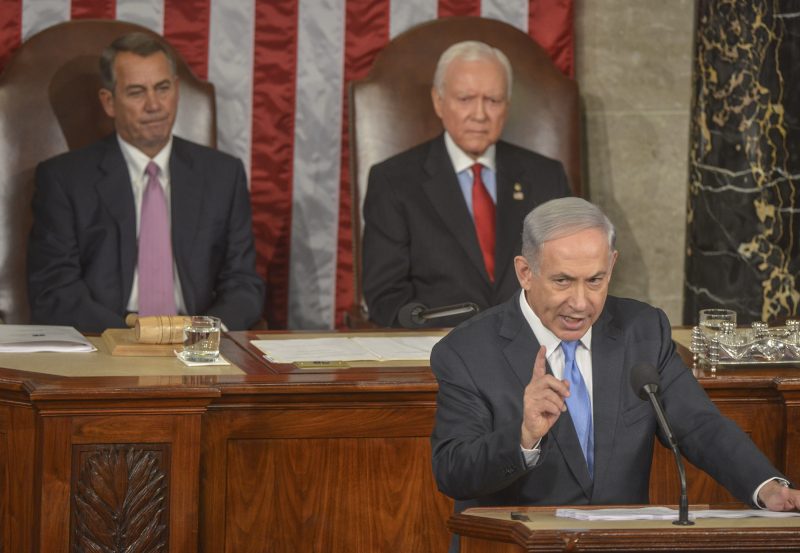**Exploring the Fractured Relationship Between Netanyahu and Biden**
In recent years, the once-close relationship between Israeli Prime Minister Benjamin Netanyahu and the Democratic party in the United States has seen a significant deterioration. What was once a strong alliance built on shared goals and values has now become strained, with tensions simmering just beneath the surface. This rupture did not happen overnight; instead, it was the result of a gradual process that unfolded over the course of several years.
One of the key factors contributing to the strained relationship between Netanyahu and the Democrats is their fundamental differences in approach to key issues in the region. Netanyahu, a staunch advocate for Israel’s security and sovereignty, has often clashed with Democratic leaders over their support for the Iran nuclear deal and their approach to the Israeli-Palestinian conflict. These policy disagreements have created a growing divide between Netanyahu and the Democratic party, making it increasingly difficult for them to find common ground on key issues.
Furthermore, Netanyahu’s close relationship with former President Donald Trump further exacerbated tensions with the Democratic party. Trump’s unwavering support for Netanyahu and his administration’s policies in the region put additional strain on the already fragile relationship between Netanyahu and the Democrats. The deep political divide in the United States, with Republicans aligning closely with Netanyahu and the Israeli government, further added to the rift between Netanyahu and the Democrats.
The personal dynamics between Netanyahu and key figures in the Democratic party have also played a role in the deterioration of their relationship. Netanyahu’s abrasive style and confrontational approach have alienated many Democrats, making it challenging for them to work together effectively. His preference for a more hardline approach to security and foreign policy has put him at odds with the more moderate and progressive elements within the Democratic party, further widening the gap between them.
The strained relationship between Netanyahu and the Democrats has had far-reaching implications for both Israel’s foreign policy and its standing in the United States. As Netanyahu’s influence wanes within the Democratic party, Israel may find itself isolated on key issues in the region and face challenges in maintaining bipartisan support for its policies. The shifting political landscape in both Israel and the United States further complicates efforts to repair the fractured relationship between Netanyahu and the Democrats.
In conclusion, the split between Netanyahu and the Democrats was years in the making and is the result of a complex interplay of policy differences, personal dynamics, and shifting political realities. As both sides navigate this new reality, finding ways to bridge the divide and rebuild trust will be crucial for advancing shared goals and ensuring stability in the region.
